PISA (Programme for International Student Assessment) regularly measures what 15-year-old students know and can do and relates this to numerous aspects to evaluate education systems’ quality, equity, and effectiveness.
In 2018, PISA added a growth mindset instrument to assess students’ beliefs about their intelligence. The study involved 600,000 students from 78 countries, making it the most extensive study on this essential psychological trait. The aim was to analyse the relationship between growth mindset and students’ academic performance, attitudes and well-being, as well as a teaching practice and the school environment.
As expected, the results showed that students with a growth mindset scored higher on average in reading, mathematics and science and showed lower fear of failure or setbacks.
Students with a growth mindset scored higher on average in reading, mathematics, and science and showed lower fear of failure.
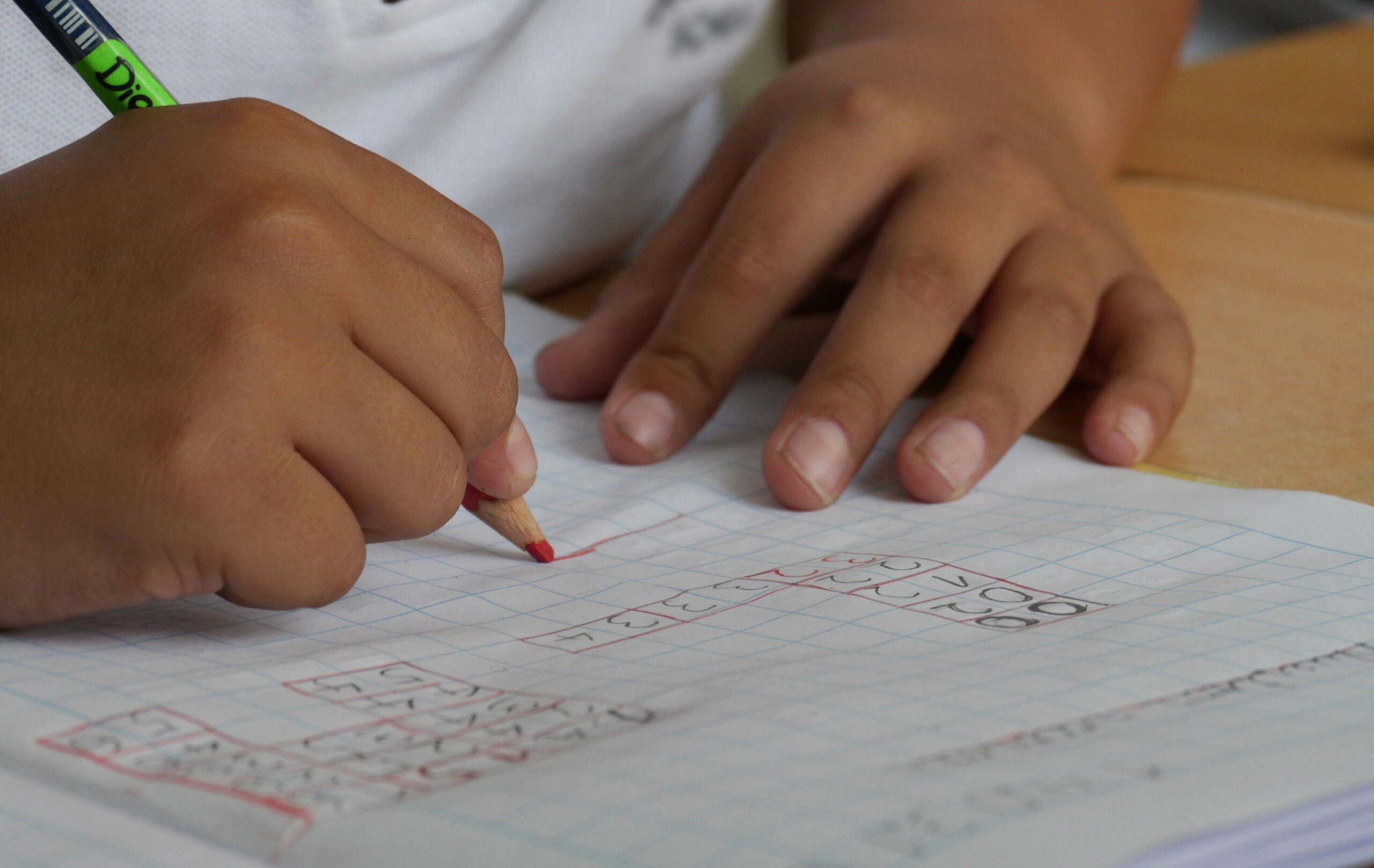
According to the study data:
- Students with a growth mindset also score better on PISA.
- Growth mindset is associated with slightly higher score gains for girls than for boys.
- In East Asian countries, growth mindset is not as closely related to improved academic performance as in most OECD countries.
- Educating in a growth mindset can potentially diminish the adverse effects of unfavourable economic status on students’ academic performance.
- A growth mindset favours higher score gains for immigrant students than non-immigrant ones.
The report concludes that although a cause-effect relationship between growth mindset and academic performance cannot be proven, a positive correlation between them can be affirmed and explained in both directions:
- Students with a growth mindset are more willing to face challenges, push themselves, learn from setbacks and seek advice.
- High achievers are more likely to develop a growth mindset. They use appropriate learning strategies and are aware of how they improve. They may also associate their good results with their effort and perseverance. In contrast, low achievers may associate it with fixed characteristics to not hurt their self-esteem.
But what is a growth mindset?
Carol Dweck, a professor of psychology at Stanford University, developed a theory based on a dual concept: growth as opposed to a fixed mindset. Today Carol is a world leader in education, and her ideas on motivation, personality and development were groundbreaking. In 2006 she published the book Mindset. The Psychology of Success, the result of her research into the profile of people who achieve success in life. The book soon became a worldwide bestseller and was the starting point in a change of mentality in educators, trainers, and coaches: it has changed the lives of students, professionals, athletes, and countless other people. Dweck says:
When someone has a fixed mindset, they believe that their basic skills, even their intelligence, are immovable; that they have a limit and that’s it: some are lucky, and others are not, so they cannot change. But when someone has a growth mindset, they believe that even their most basic skills can be improved.
His research is of great interest to parents and teachers because it is a source to turn to if you want to educate children and students with a growth mindset.
Two mindsets, one challenge
People do not have exclusively one of the two mindsets but both, though there is always some prevalence over the other. The challenge is knowing oneself well and deciding whether one wants to follow an active process that leads to effective change or to remain stagnant. Each person has to be aware of the perception of their difficulties in ordinary life situations, their motivation towards challenges, the importance of effort as a necessary action to achieve goals or the tools and strategies to be used when learning something new, to give some examples.

The challenge is knowing oneself well and deciding whether one wants to follow an active process that leads to effective change or to remain stagnant.
The fear of failure and making mistakes can lead us not to move forward, to a particular blockage or even abandon the struggle to achieve a certain milestone. This situation often results from how one has been brought up. In the case of students, it is evident. When teachers give more importance to the final products than to the learning processes or penalise mistakes, they encourage fixed mindsets. As Dweck has referred to on many occasions, we all agree that getting good grades is positive and praiseworthy. However, when making grades a priority, the implicit message is that everything done to get that grade is second-rate.
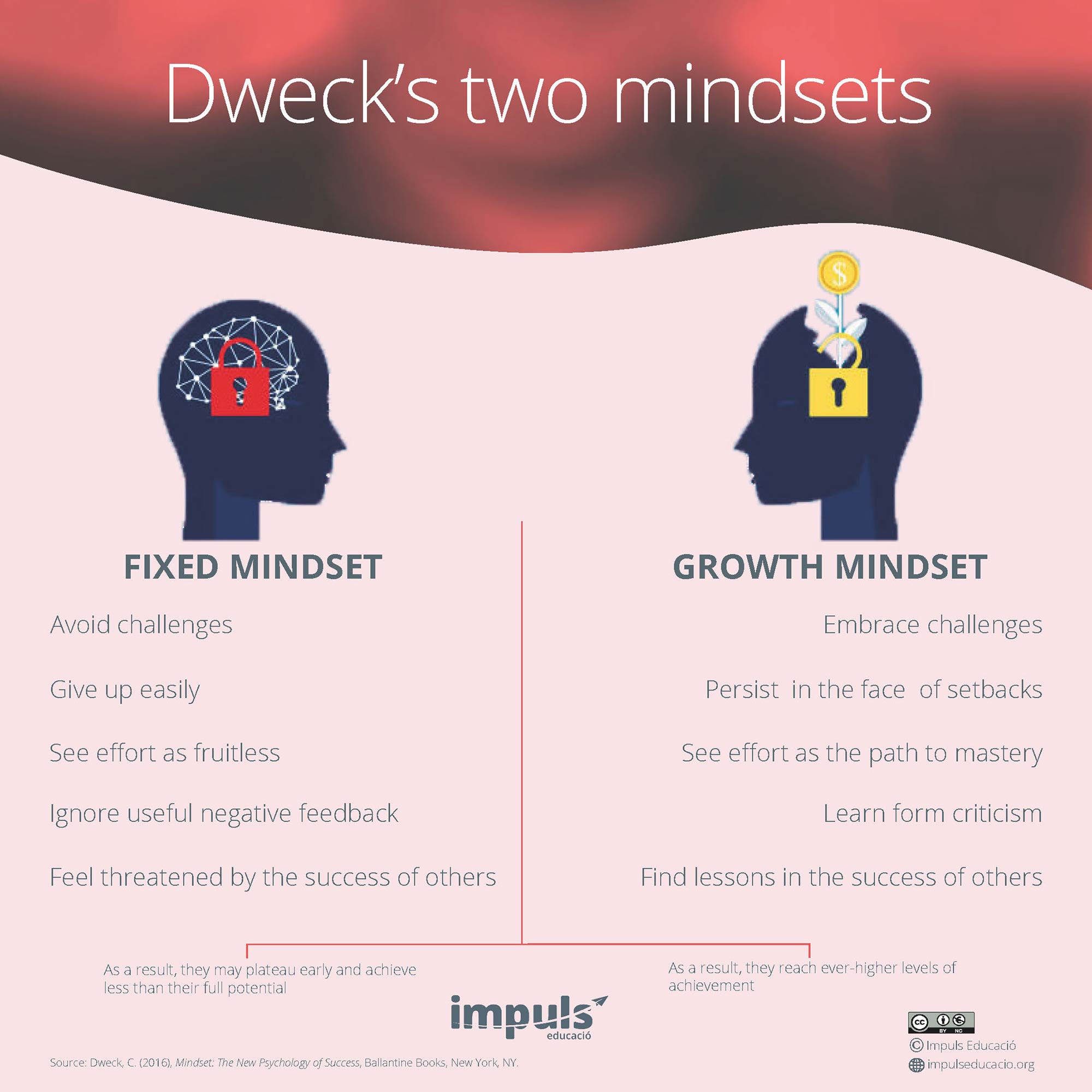
Attitudes and skills
There are people we consider to be very intelligent or even have very high scores in the classic IQ tests but who obtain the same results as other people with lesser abilities when it comes to achieving a goal or acquiring a new skill. One of the possible causes is that they have a more predisposed attitude to learning, better motivation and a focus on success. When we encounter this, it is a question of mindset. Therefore, it is compatible to be smart and have a fixed mindset, i.e. to think that what you have innately, you do not need anymore, that you cannot change it. Therefore, you do not need to make any extra effort.
Over time, the influence of one mindset on another depends on one’s approach to challenges in particular circumstances.
Where the fixed mindset determines us to believe ‘can’t do it’, the growth mindset adds a ‘not yet’. This way, it becomes a ‘can’t do it yet’. (Grané, J., Forés, A., 2020).
Carol Dweck concluded that this mindset has a determining influence on the development of our potential. At this point, it is important to remember the importance of considering the real possibility of achieving a milestone. Rather than changing actions, one needs to strengthen the conviction that improvement is possible by setting one’s mind on it and applying the appropriate strategies.
One needs to strengthen the conviction that improvement is possible by setting one’s mind on it and applying the appropriate strategies.
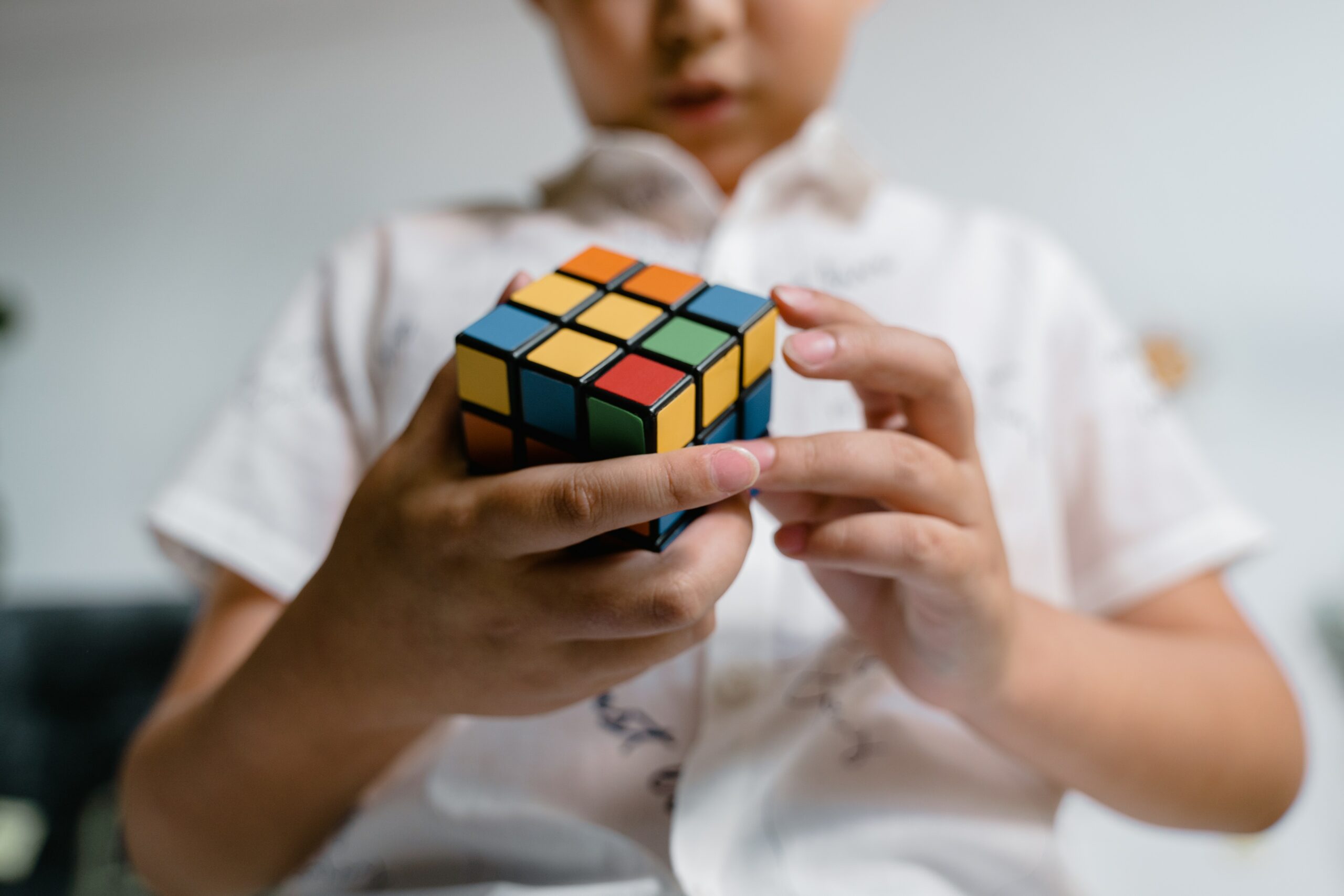
Growth-minded teachers and parents
A school in which the management and teaching staff have a fixed mindset will educate its students in behaviours characteristic of it. The same is true for every family.
To educate in the growth mindset, we have to imbue the educational community with the language of the growth mindset. Everyday words in our schools should include the following: effort, challenge, perseverance, learning challenges, good mistake, useful failure, trial and improvement, persistence, process, change, determination, growth, positive feedback, resilience . (Grané, J., Forés, A., 2020).
A school, a teacher, a family that intends to educate with a growth mindset should consider actions or behaviours such as the following:
- Proposing challenges that help to grow as people.
- Understanding mistakes as a natural part of learning.
- Valuing the process of accomplishing a task more important than the end product
- Believing that learning is best achieved by using appropriate strategies
- Congratulating progress and celebrate successes
- Seeing problems as having different solutions
- Promoting constructive criticism and positive feedback
- Avoid using adjectives and labels on people
- Congratulating progress and celebrating successes
Carol is constantly receiving testimonials, and a very illustrative one is from Mary Williams “I have always had problems with my confidence. My coaches always ask me to believe in myself 100%. They have told me not to let any doubt enter my mind and to think that I am better than everyone else. I couldn’t do that because I am always very aware of my flaws and mistakes in every competition. Trying to think I was perfect was even worse. Then I read your work and the importance to focus on learning and improving. It turned me inside out – my faults are factors I can work on! Now mistakes don’t seem so important”.
A growth mindset is based on how one sees oneself and transforms one’s abilities and skills into a permanent goal of continuous learning and improvement.
References
OECD (2021): PISA in Focus 2021/112 (Abril). [Accessed: 2021/12/09] https://www.educacionyfp.gob.es/inee/publicaciones/publicaciones-periodicas/pisa-in-focus/2021.html
Dweck, Carol S. (2017). Mindset. The Psychology of Success. Editorial Sirio.
https://aprendemosjuntos.elpais.com/ca/especial/la-mentalidad-que-puede-cambiar-la-vida-de-un-nino-carol-dweck/v/es-important-que-els-nostres-fills-aprenguin-amb-mentalitat-de-creixement [Accessed: 2021/11/30]
Grané, J., Forés, A. (2020). Hagamos que sus vidas sean extraordinarias. 12 acciones para generar resiliencia desde la educación. Barcelona: Octaedro editorial.
You might also like

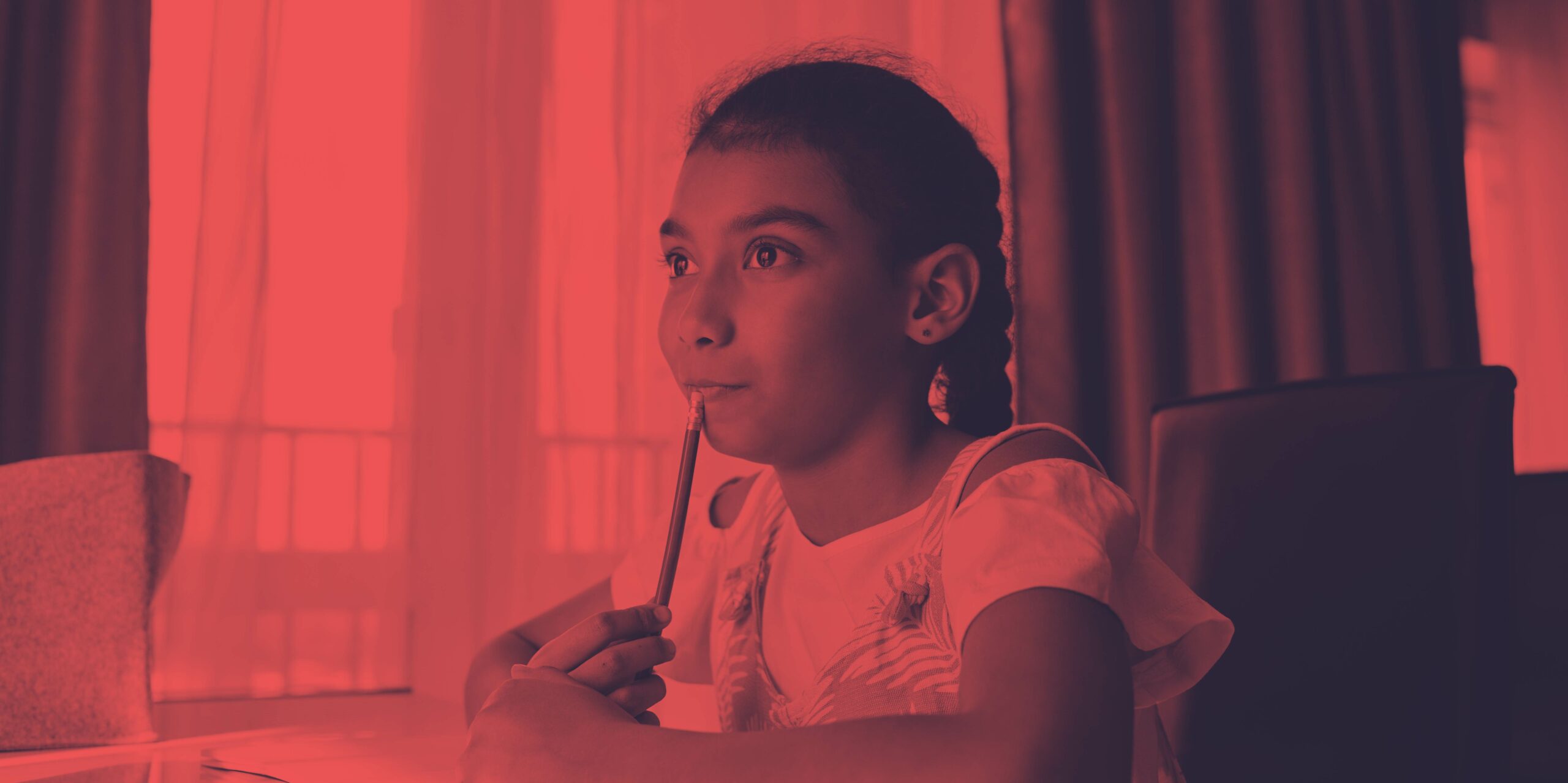
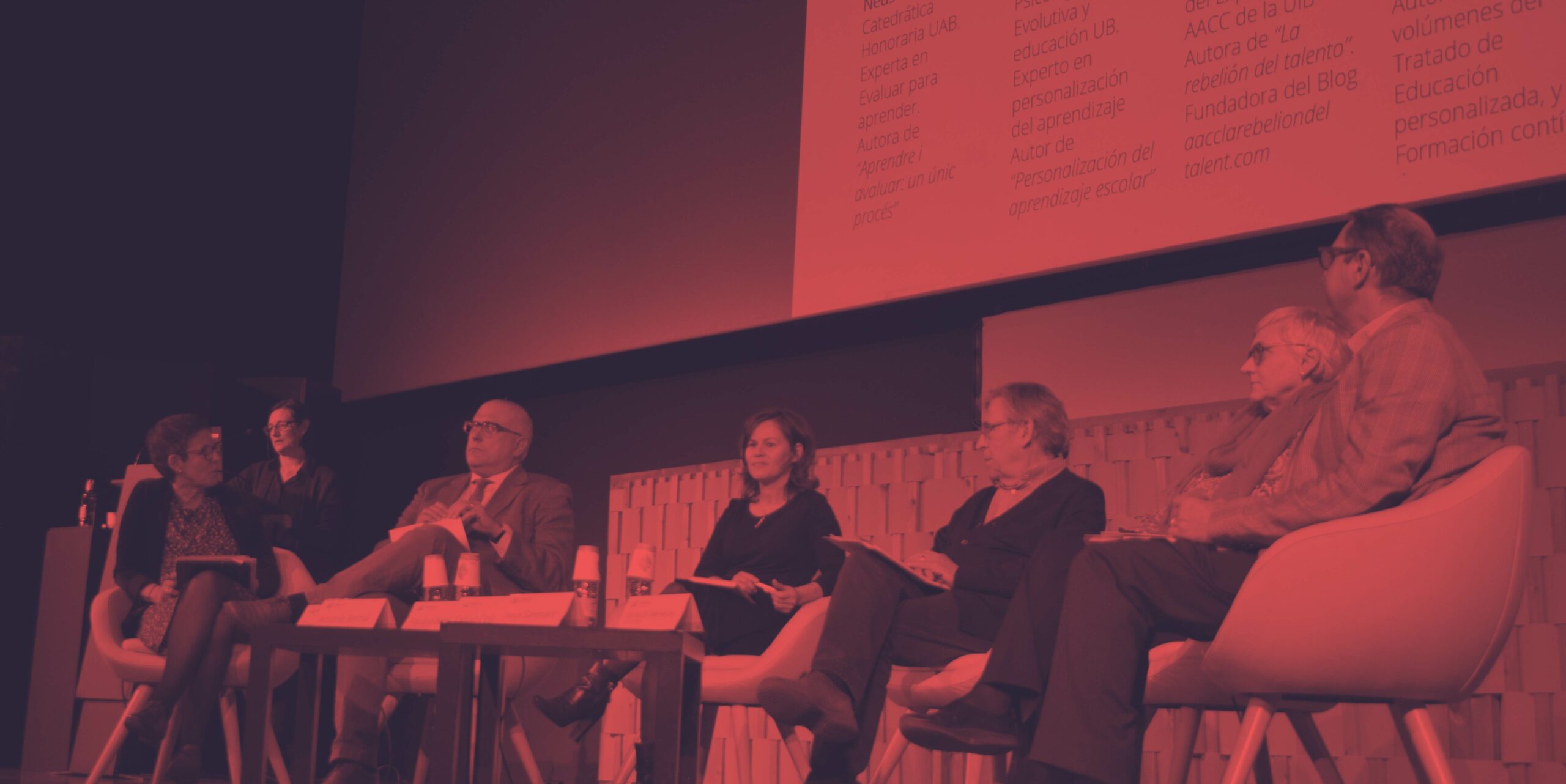





Leave A Comment